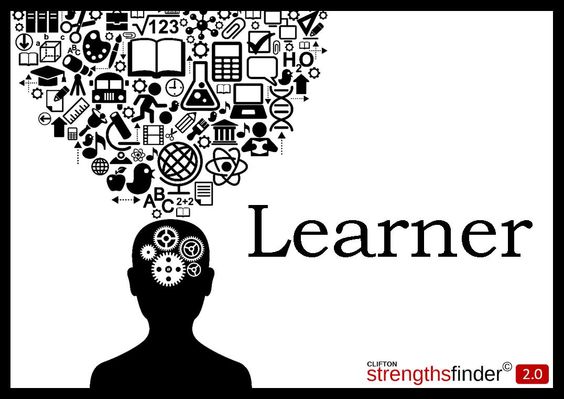As I reflected on this week’s devotions of “Double-Loop Learning,” it struck me that I’ve done a lot of that over the course of my career. According to Gallup’s “StrengthsFinder”, one of my key strengths is “Learner”—I love to learn! And I love the learning process, so I often reflect on what I’ve learned from a situation or an experience. Over the past 20 years, I’ve kept the notes I prepared as part of my performance evaluation discussions with my supervisors. As a result, I’m able to see growth over time…
At NASA when someone is promoted to a key position, we often write a short bio of their past accomplishments and experiences. Invariably, we talk about them holding “progressively more responsible leadership roles.” I’ve been fortunate throughout my career to do just that…steadily progress from one position to the next in a way where I could be successful. I’ve seen other leaders skip levels of management—and unfortunately, they prove they aren’t ready for the role they have. Generally, I fault the organization—and not the individual leader—for such a failure.
To follow my 20 year journey of “Double-Loop Learning,” click here.


